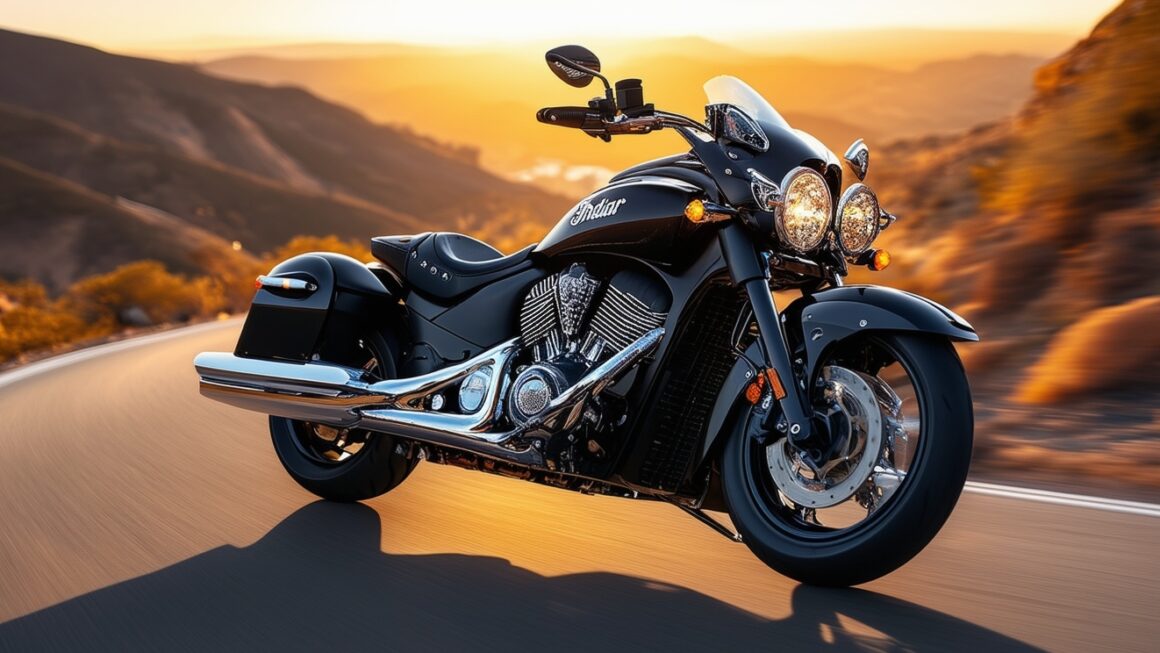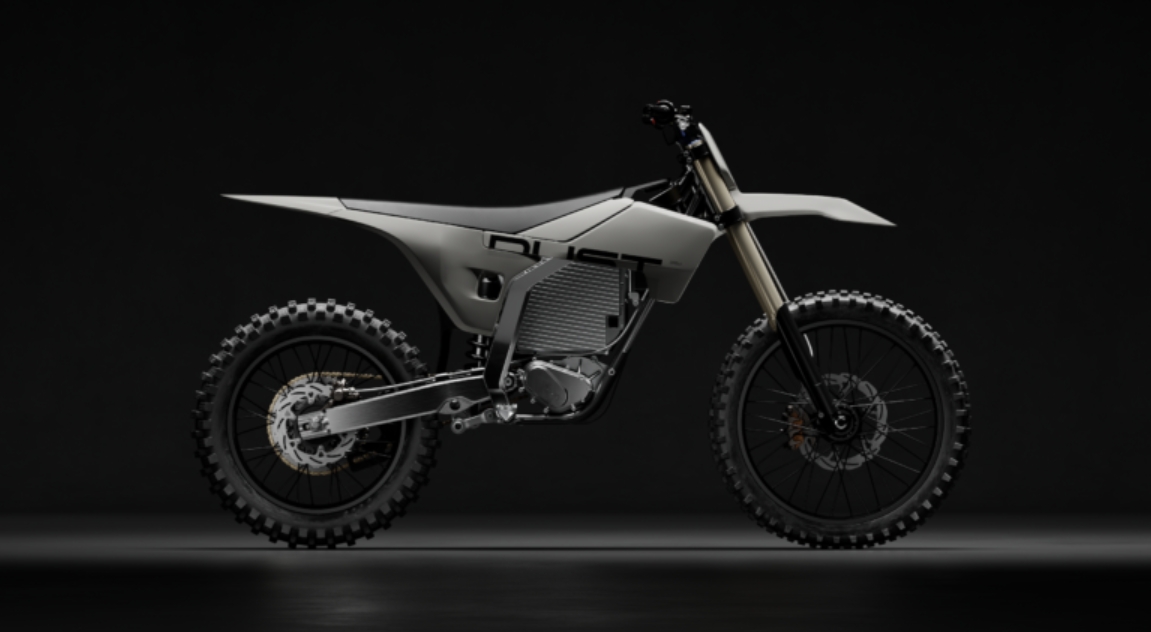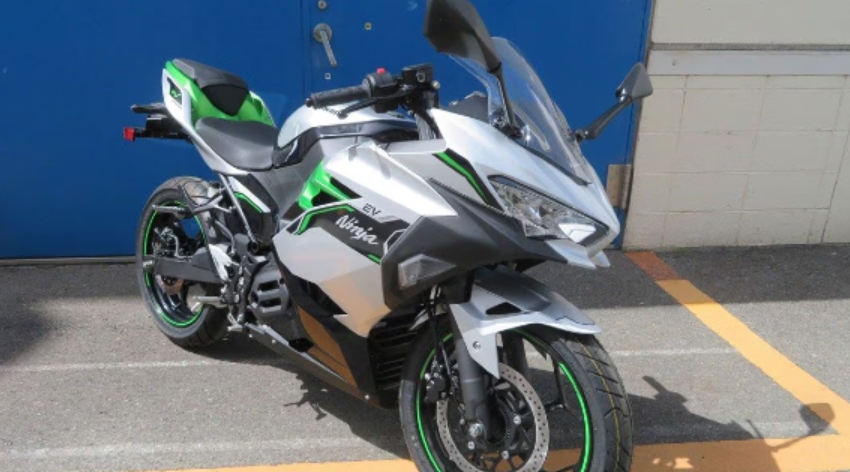British manufacturer Triumph has presented a demonstration prototype of an electric motorcycle. This is the third phase of the “TE-1” project.
A collaboration between Triumph Motorcycles, Williams Advanced Engineering, Integral Powertrain Ltd and WMG at Warwick University, funded by the Office of Zero Emission Vehicles through the National Innovation Agency, has been organized to create groundbreaking developments in electric motorcycle design and innovative integrated technology design.
The third phase of the “TE-1” project saw the assembly of a final demonstration prototype, which for the first time brings together all the latest innovations from the project partners.
Triumph: final chassis including frame, rear subframe, cockpit, panels and wheels, main gear system including Gates Carbon transmission and belt drive, electronics, Öhlins USD cartridge forks, unique Öhlins RSU prototype, Brembo M50 monoblock calipers and motorcycle control software from Triumph.
Williams Advanced Engineering: the latest version of the WAE prototype battery pack, including special cell packaging for an optimal center of gravity, vehicle control unit, DC converter, integrated cooling, charging port and stylized carbon covers.
Integral Powertrain: final prototype powertrain with scalable integrated inverter and combi motor with silicon carbide switching technology and integrated cooling.
WMG, University of Warwick: Final preliminary test simulations with all results indicating that the project is on track to achieve its intended performance and durability results.
Key achievements of the project at this stage include test results that exceed current benchmarks and targets set by the UK Motor Council for 2025, providing the platform with great potential for future development in terms of electric motorcycle performance.
According to the release, the overall goal of the “TE-1” project was focused on developing electric motorcycle capabilities to contribute to Triumph’s electric motorcycle future by promoting innovation, capability and new intellectual property, as well as raising the profile of British industry and design.
With the completion of the demonstration prototype, the next, fourth phase is planned, which will begin the actual testing of the “TE-1” project, which will include: road testing (ride development, thermal optimization, all kinds of software functionality checks, etc.), as well as on-track testing, including dynamic evaluation of the rider (handling, acceleration, braking…)




